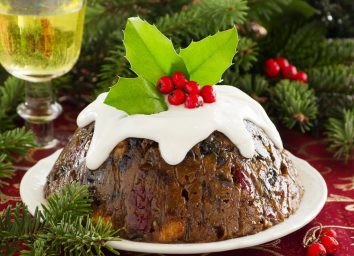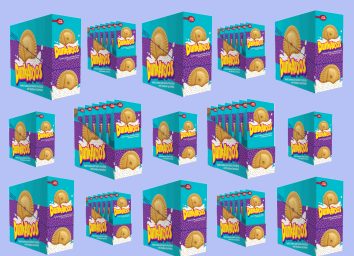13 Beloved Foods You Won’t Believe Are Turning 100 in 2020

As the year comes to a close, we’re taking a look back—way back. Americans’ eating habits have changed significantly over the years, and there have been some pretty questionable trends along the way. (What’s up with all the Jello recipes that dominated the 1950s?) But what you might not realize is that some of the foods you enjoy today have been around for almost an entire century.
In honor of the turn of the decade, we’ve rounded up 13 of the most beloved food products that are turning 100 in 2020. Toast to these foods at New Year’s—they’ll likely be around for 100 more years to come.
Baby Ruth
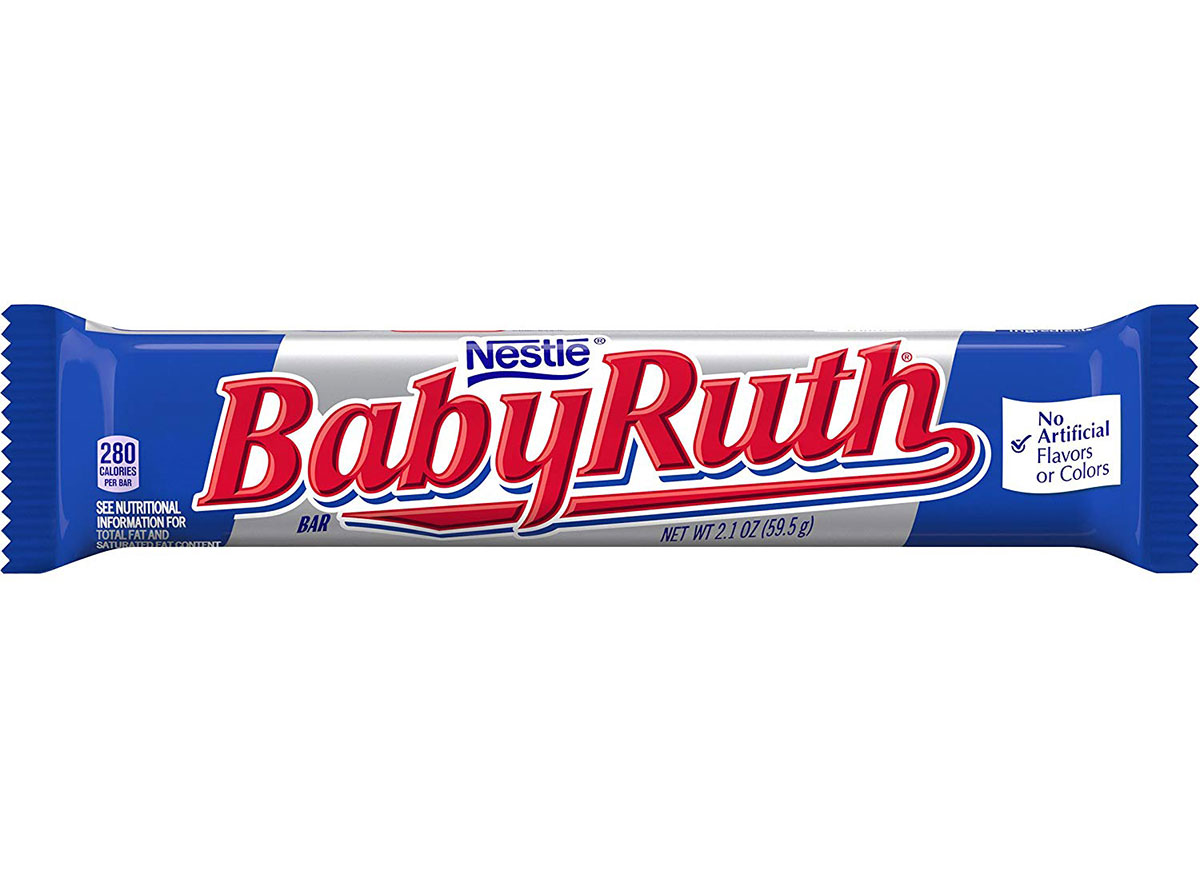
While there’s some debate over whether or not this candy bar was named for baseball player Babe Ruth—the more accepted narrative is that the candy was named for Grover Cleveland’s daughter Ruth—the candy’s origins are more certain. The Curtiss Candy Company of Chicago introduced the candy in 1920. It grew in popularity throughout the 1920s and is still around today.
Good Humor ice cream bar
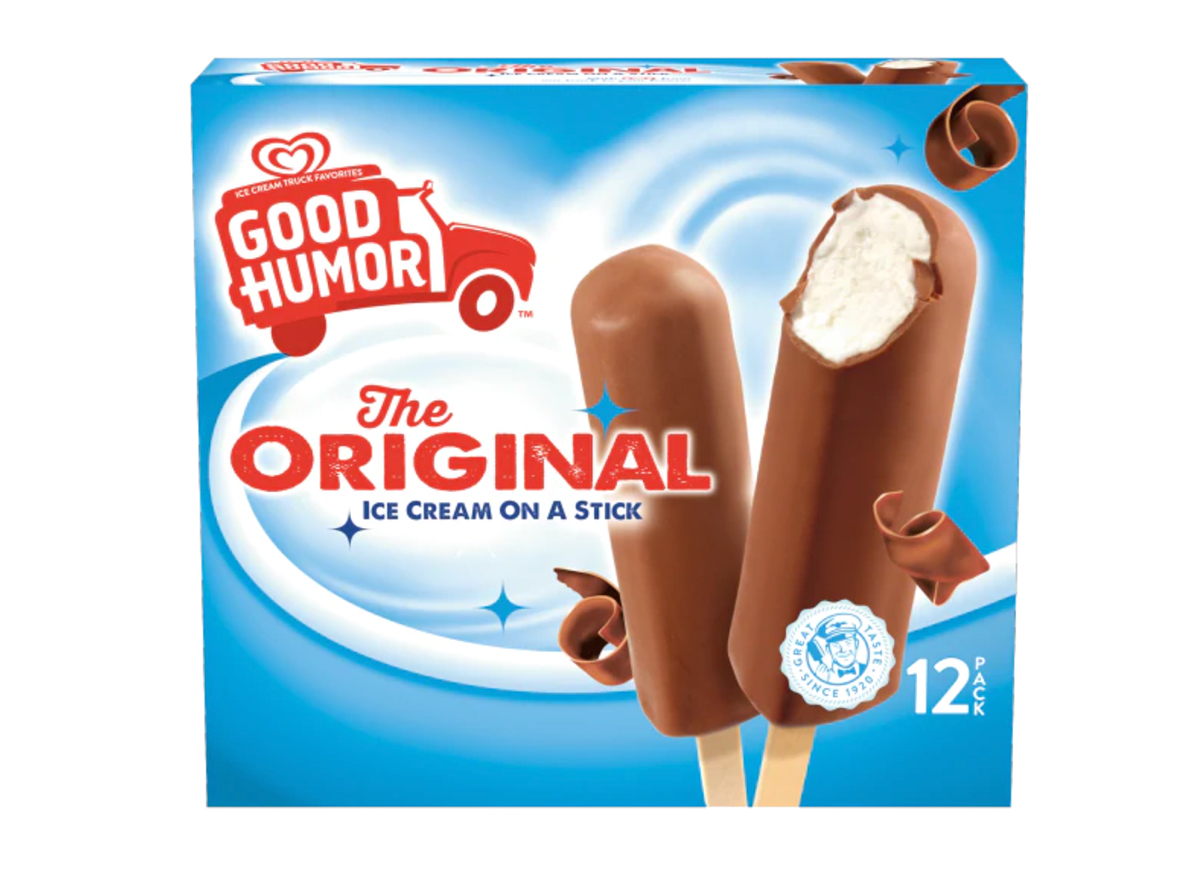
The first Good Humor bar was served in 1920, and it’s grown into a classic American treat. By 1929, the company had opened a Good Humor plant in Chicago. And by 1960, there were dozens of Good Humor products to choose from.
Baguettes
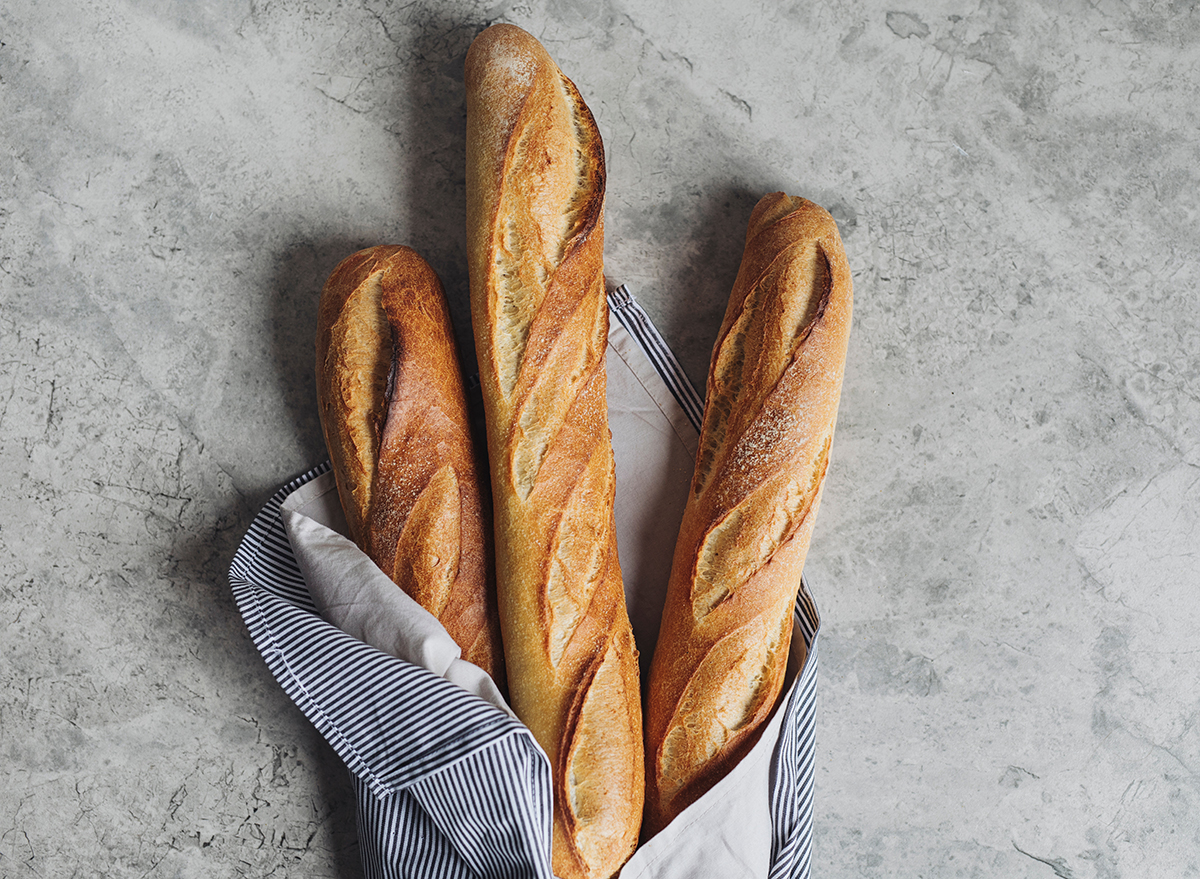
Sure, people have been baking bread for countless decades. But the word “baguette” wasn’t used to refer to bread loaves until 1920. You can thank the French for the term (and for the delicious bread).
Buttermilk
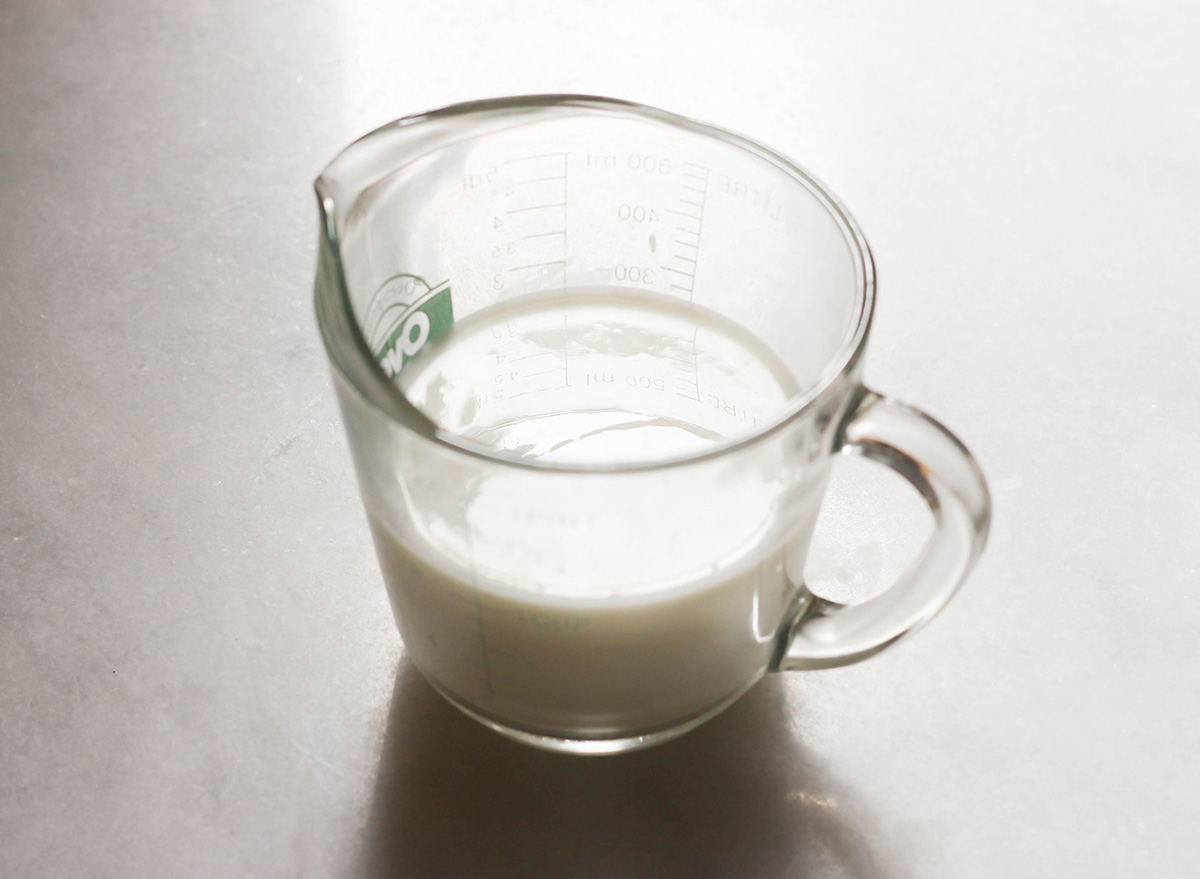
Home cooks have long used tangy buttermilk in their recipes. But it wasn’t until the 1920s that packaged buttermilk started appearing in stores as a ready-to-buy item. The dairy product is delicious in baked goods like biscuits and pancakes.
Birds Eye frozen vegetables
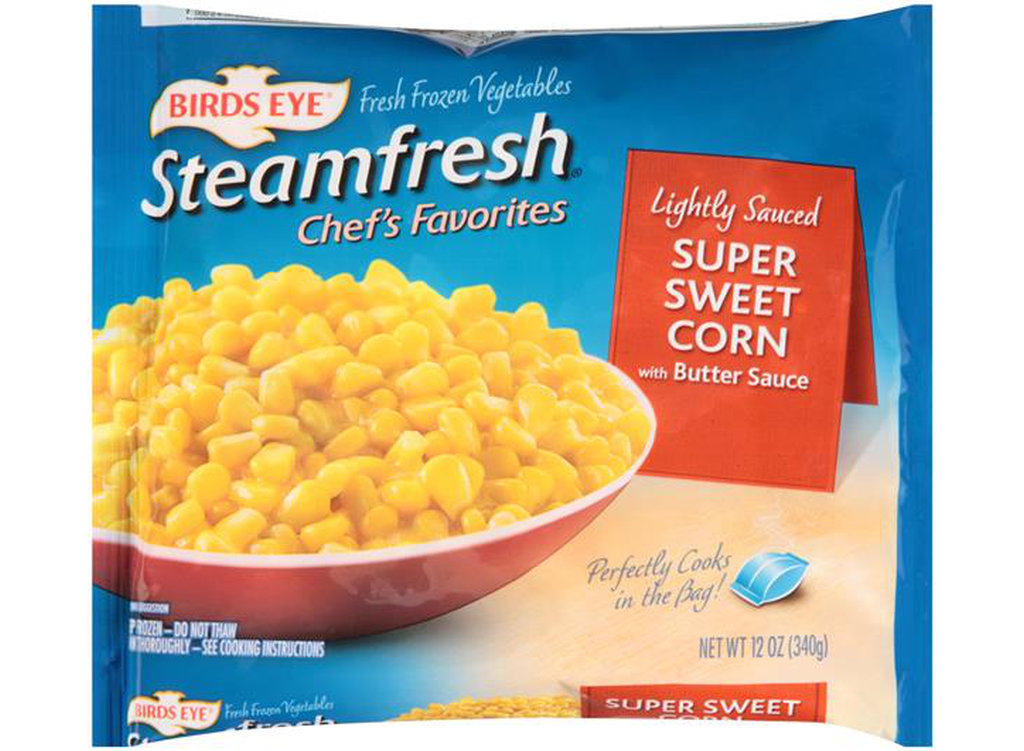
In 1920, Charles Birdseye had the idea to flash-freeze vegetables, the way the Inuit people froze fish. He founded Birds Eye in 1923, but we’re counting this as a 100-year-old food because Birdseye started thinking about the revolutionary food in 1920. Today, frozen foods are a nutritious and affordable option for adding more fruits and vegetables into meals.
Mounds candy bars
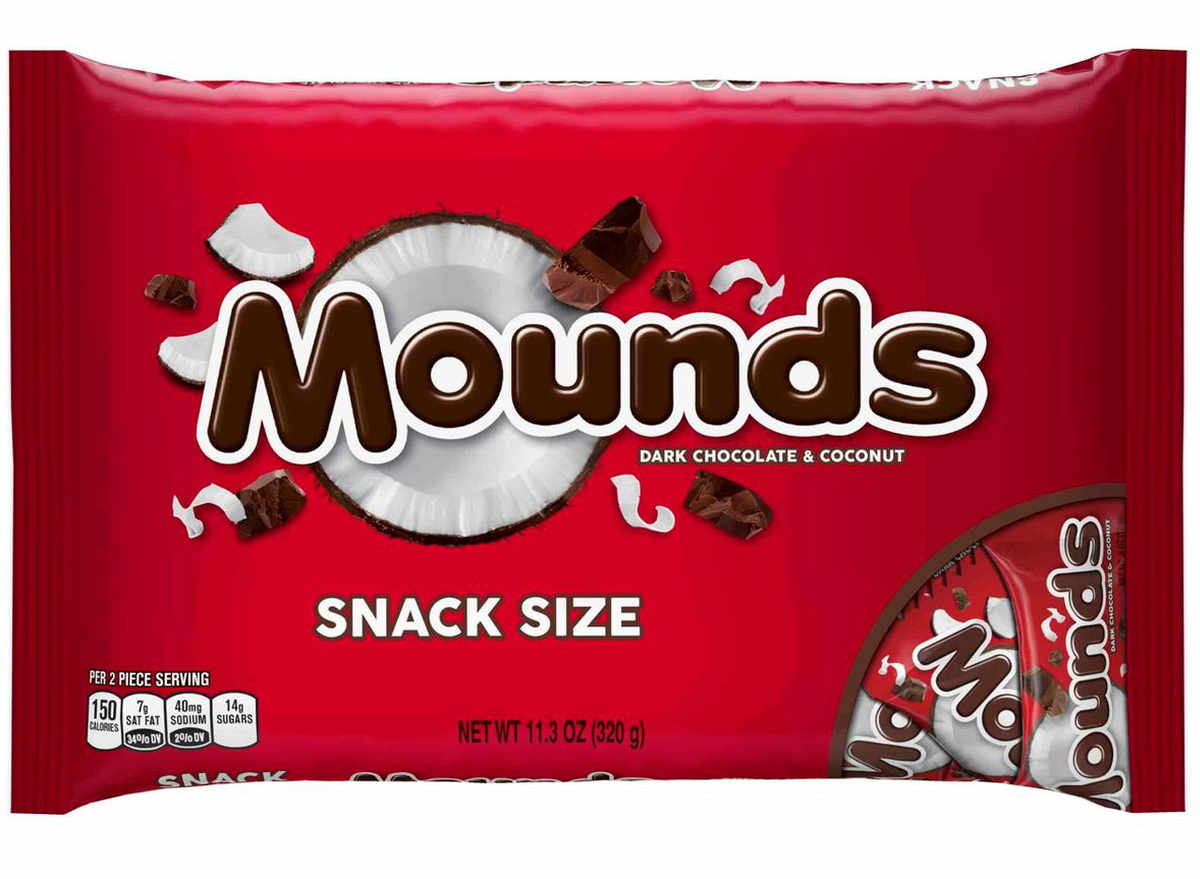
Coconut and dark chocolate: a simple but effective combination. This candy bar is essentially Almond Joy, without the almond. And for loyal fans, it’s perfect just the way it is.
Haribo gummy bears
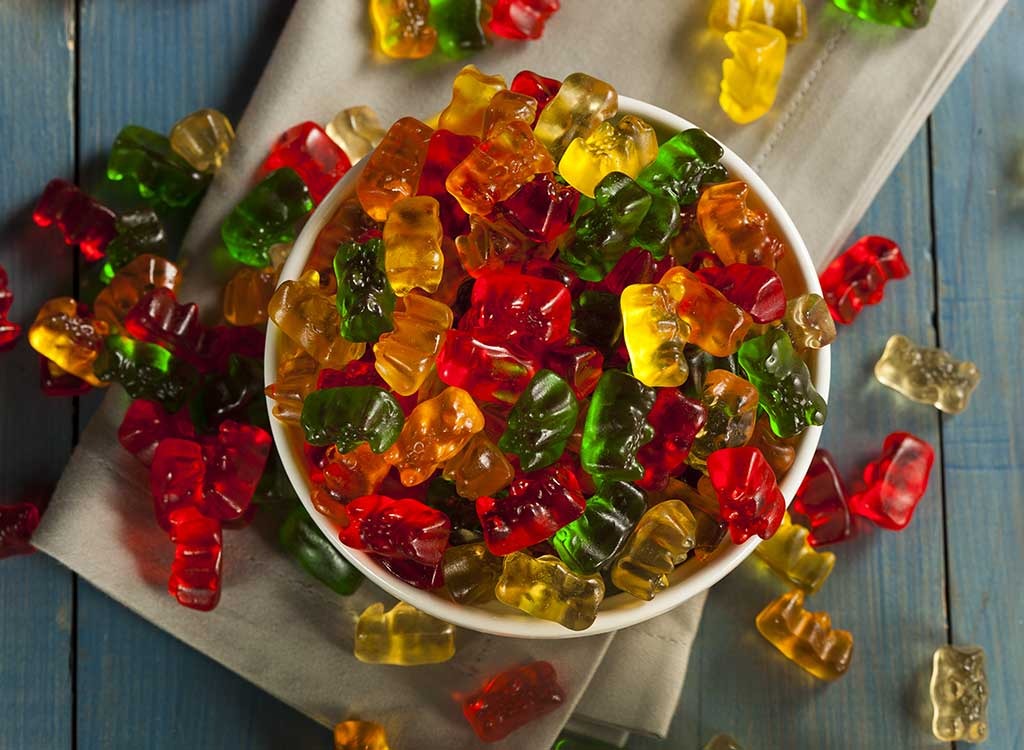
Haribo, arguably the most well-known gummy bear producer in the world, was formed in 1920. The gummies were launched in 1922, but we’re including the brand on this list because of the company’s founding date. (And because, well, who doesn’t love those sweet little bears?)
Zero candy bars
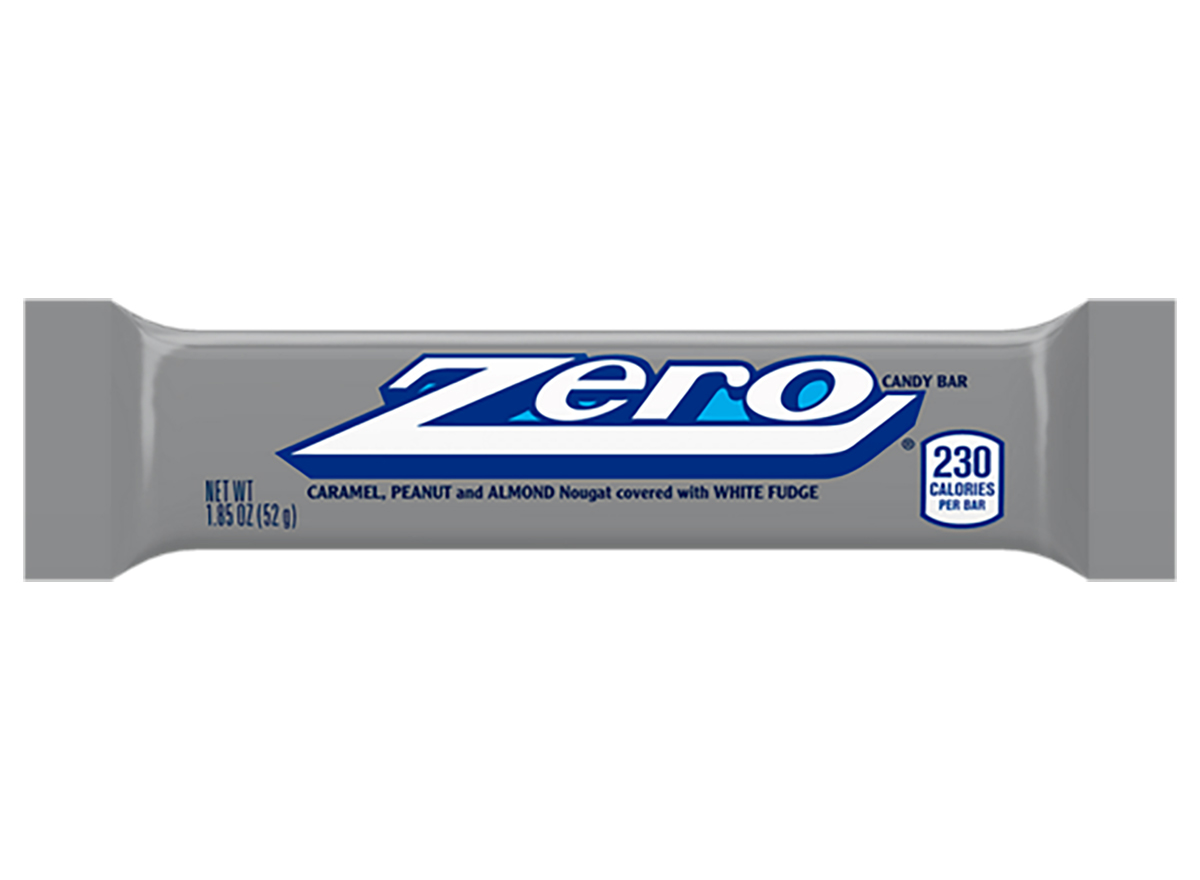
This candy bar flies under the radar, but true fans know it’s one of the best candies out there. With white fudge, caramel, and nougat, this is one treat that will satisfy fans of all ages.
Oh Henry!
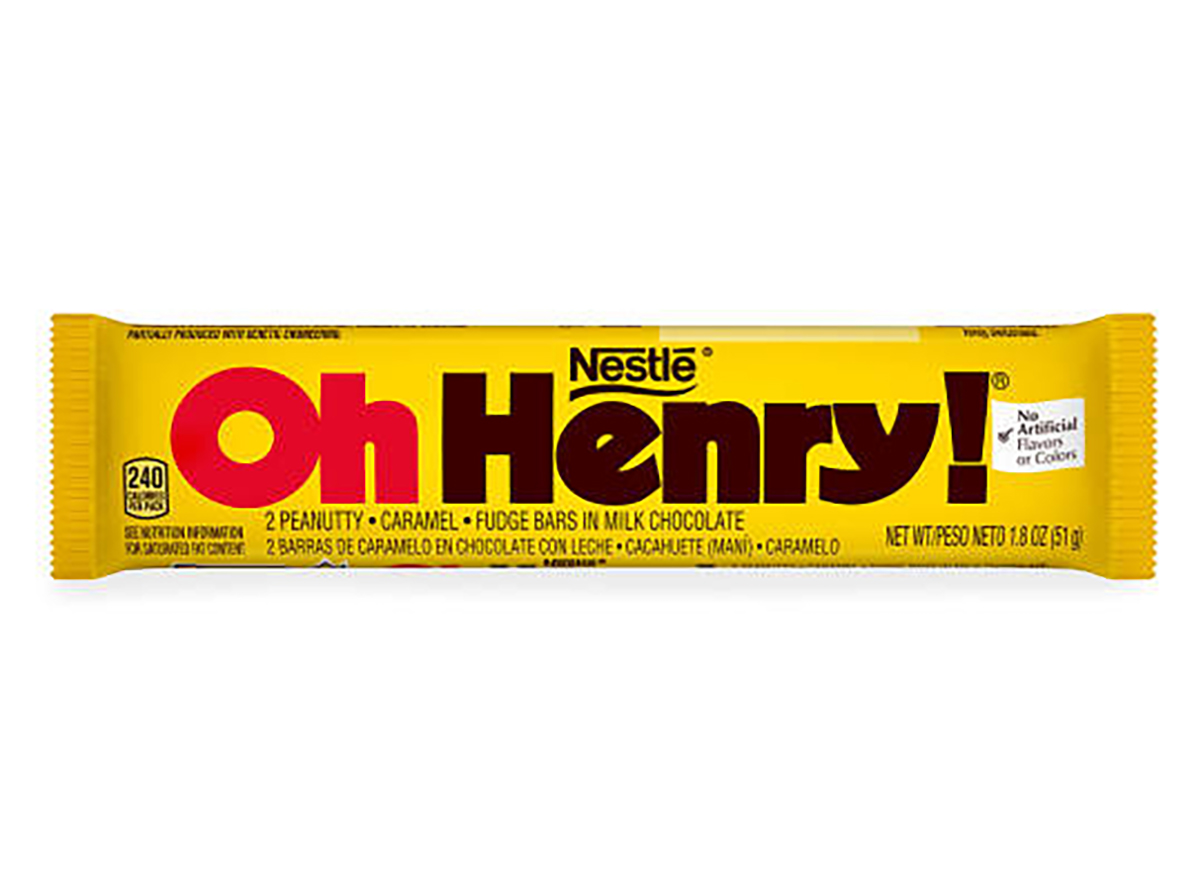
The Williamson Company of Chicago introduced this caramel, peanut, and fudge candy bar in 1920. Today, it’s manufactured by Nestlé and still comes in an iconic yellow wrapper.
Moonshine

Prohibition started in 1920 in the United States, which led people to get creative with alcohol production. Illicit moonshine was popular in the 1920s, but you can now get legal moonshine from companies like Broadslab Distillery in North Carolina.
Peter Pan peanut butter
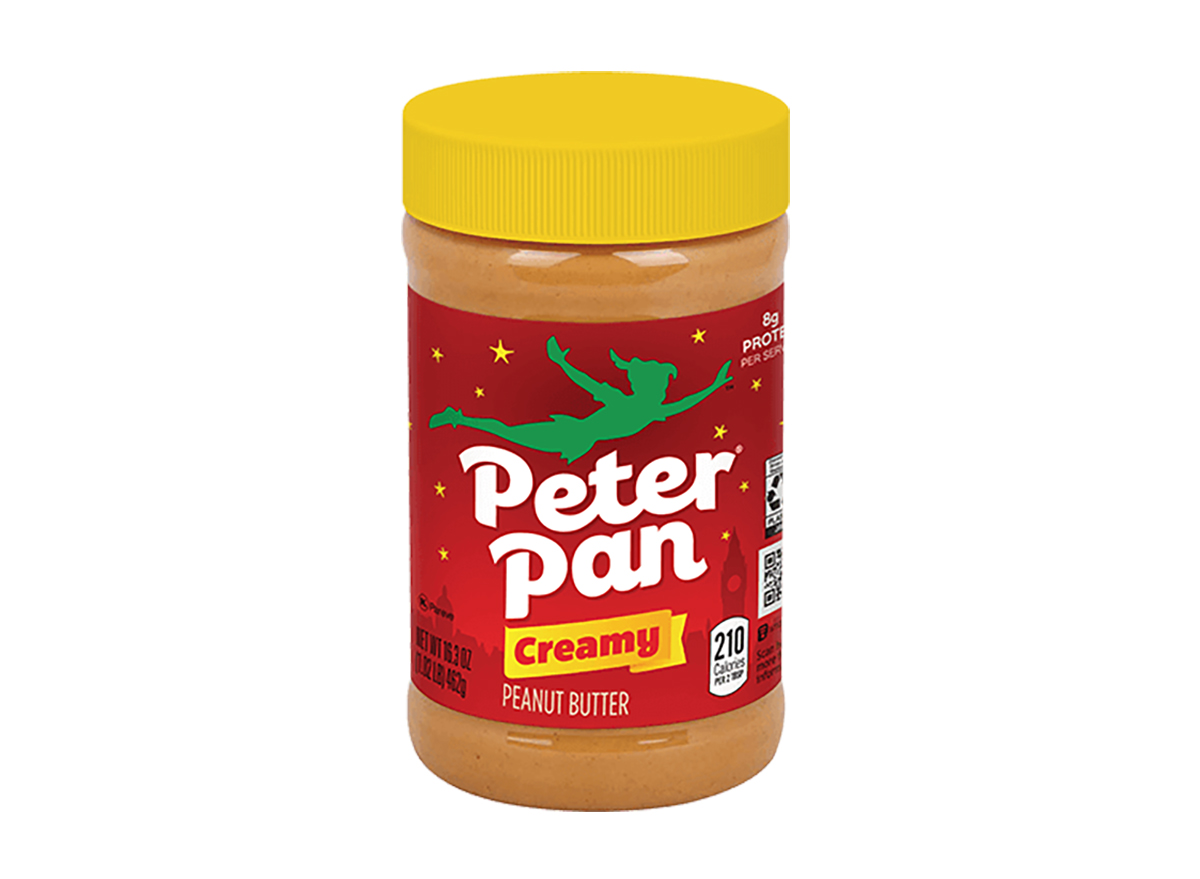
Peter Pan peanut butter launched in 1928, but in a way, its launch was really eight years earlier. The E.K. Pond Company launched peanut butter in 1920, and it was renamed Peter Pan in 1928.
Jujyfruits
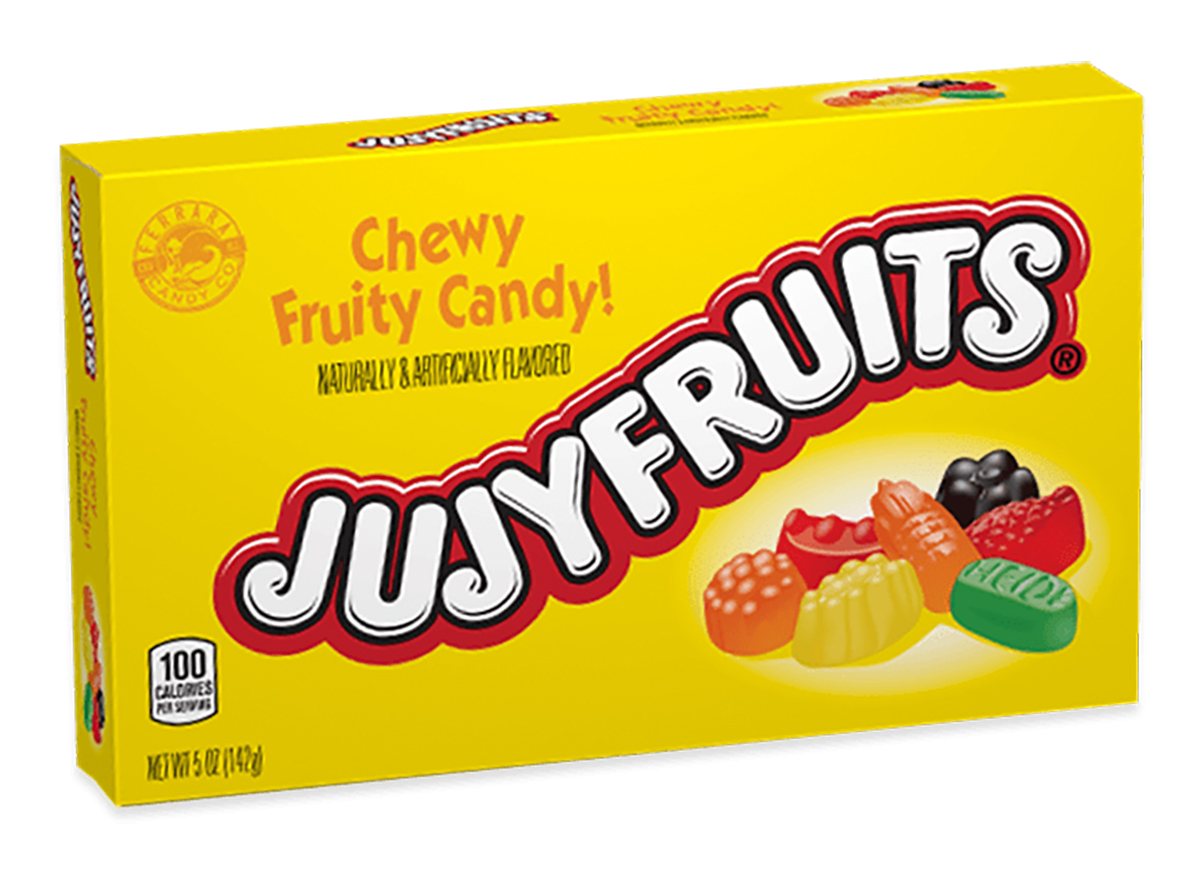
These fruit-shaped gummies first hit the candy scene in 1920. Add a major dose of nostalgia to your next movie theater trip by snacking on these fruity treats.
Icebox cakes
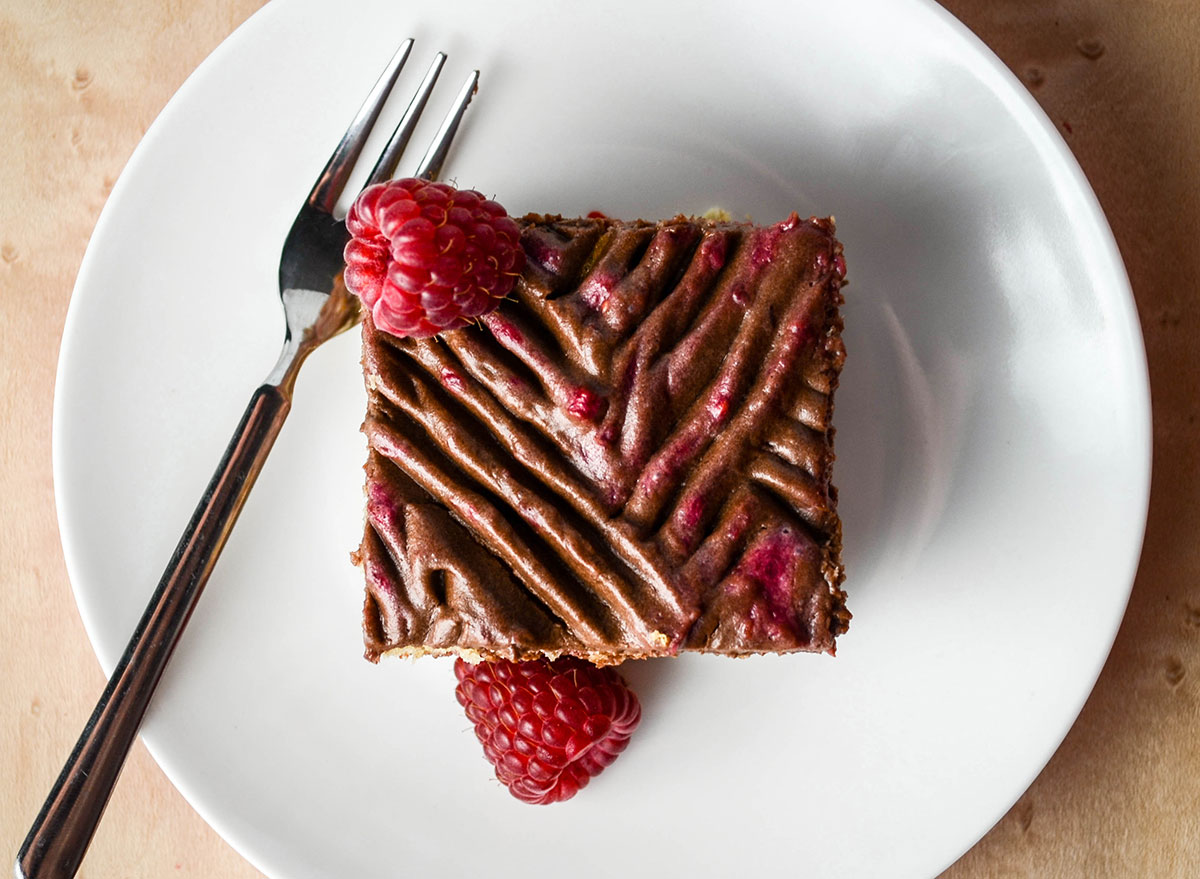
There’s not an exact date when icebox cakes were invented, but they surged to popularity in the 1920s. The cakes became popular with the invention of the refrigerator, which sets the wafer-based cake into place.
If you’re looking to add some nostalgia to your diet, you can’t go wrong with these classic foods.
